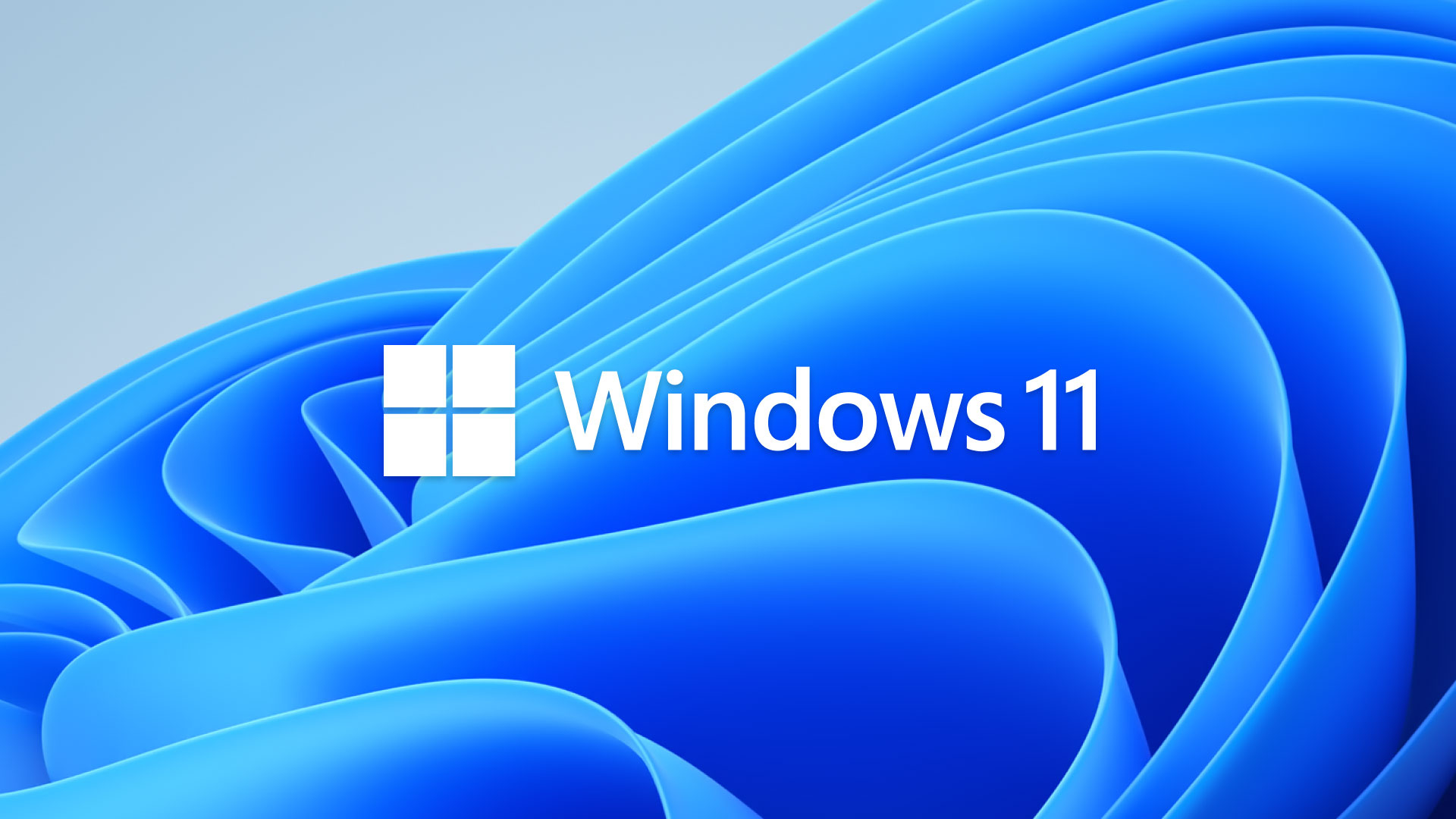Windows 11 Gets Quantum-Hardened Cryptography Technology: A New Era of Cybersecurity
Microsoft has taken a significant step in preparing its Windows operating system against the looming threat of quantum computers. In a recent blog post, the company announced that Windows 11 Canary build 27852 and higher now support post-quantum cryptography (PQC), a technology designed to counter the unprecedented computing power of quantum computers.
Microsoft has upgraded its SymCrypt cryptographic library to support two PQC algorithms: ML-KEM (Key Encapsulation Mechanism) and ML-DSA (Digital Signature Algorithm). These algorithms are part of Microsoft's Cryptography API: Next Generation libraries, which provide a robust framework for secure communication and data protection.
ML-KEM is specifically designed to mitigate the "harvest now, decrypt later" threat, where attackers focus on collecting targeted data today, only to wait for quantum computers to become fast enough to break the encryption in the future. By using this algorithm, Microsoft aims to protect its users' sensitive information against such attacks.
ML-DSA, on the other hand, is geared towards scenarios that require verification of identity and maintaining the integrity of digital signatures. This algorithm is designed to provide an additional layer of security for Windows 11, ensuring that users can trust the authenticity and validity of digital documents and communications.
PQC algorithms are inherently more demanding on hardware than classical cryptography algorithms, requiring larger key sizes, longer compute times, and more bandwidth. However, Microsoft's selection of these algorithms by the National Institute of Standards and Technology (NIST) has been praised for its high security, performance, and compatibility.
A Mainstream Security Counter Against Quantum Computers
Microsoft is not the only industry standard adopting PQC technology. The protocol is being implemented within multiple standards, including TLS, SSH, and IPSec, which will effectively turn it into a mainstream security counter against quantum computers.
SymCrypt, Microsoft's main cryptographic library, is used in various services and operating systems, such as Microsoft 365, Azure, Windows 11, and Windows Server 2025. With PQC embedded into SymCrypt, the company is preparing its entire ecosystem of Windows operating systems and other products against future attacks from quantum computers.
A Testbed for Future Developments
The Windows 11 Canary build 27852 and higher are currently testing this cutting-edge technology. Although Linux will also receive PQC support in the near future, BitLocker's update is expected to be delayed due to its complexity and hardware demands.
Attacks from quantum computers are a real threat. In 2022, Chinese researchers successfully cracked military-grade encryption using a D-Wave quantum computer. As quantum computers continue to develop and become more mainstream, this threat will only intensify.
Stay Ahead of the Curve
To stay informed about the latest developments in cybersecurity and technology, follow Tom's Hardware on Google News. Our newsletter provides up-to-date news, analysis, and reviews straight to your inbox.
Aaron Klotz is a contributing writer for Tom’s Hardware, covering news related to computer hardware such as CPUs, graphics cards, and more. Stay tuned for more insights into the world of technology and cybersecurity.
